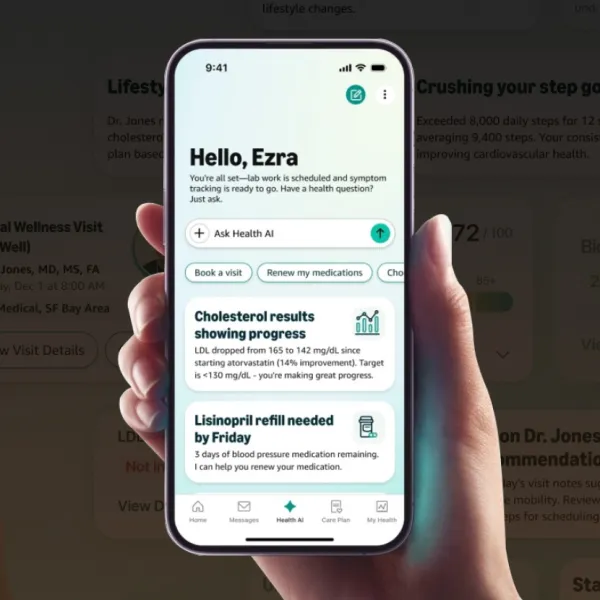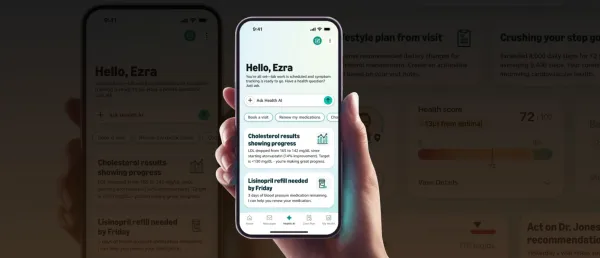UnitedHealthcare & Trinity Health Settle Network Dispute with New Contract

This includes access to providers in Connecticut for Trinity's dual special needs plan, ensuring continuity of care for thousands of patients across the region.
UnitedHealthcare and Trinity Health of New England resolved their recent contract dispute, securing a multiyear agreement effective retroactively from July 1, 2024.
The agreement reinstates Trinity Health's hospital, facility, and physician network access under UnitedHealthcare’s Medicare Advantage and employer-sponsored plans.
This includes access to providers in Connecticut for Trinity's dual special needs plan, ensuring continuity of care for thousands of patients across the region.
Trinity Health of New England had earlier expressed frustration over the contract breakdown, highlighting the challenge of negotiating with large commercial insurers such as UnitedHealth Group, which reported profits of $22 billion last quarter.
The health system stressed the importance of fair reimbursement to continue providing high-quality, affordable care.
Montez Carter, president and CEO of Trinity Health of New England, said, “This agreement was necessary to ensure Trinity Health Of New England can continue delivering the high-quality affordable care people need. With fair reimbursement, we can continue to invest in our colleagues, medical staff, innovative treatments, and important health programs, protecting access to care now and in the future.”
Claims submitted since the beginning of July will now be treated as in-network, resolving potential patient disruptions.
The dispute had placed significant pressure on the health system as it sought to maintain services while navigating the financial complexities imposed by large insurers.
Ongoing Challenges in the Healthcare Sector
The resolution of this dispute is part of a broader trend where payer-provider negotiations have increasingly become public, reflecting the tension between healthcare systems and large insurance companies.
UnitedHealthcare has been central to several high-profile contract disputes, including a recent negotiation with Mount Sinai in New York that became public before an agreement was reached in March. Such disputes are not limited to UnitedHealthcare alone, as similar issues have arisen with other major payers, including regional Blue Cross plans.
The growing Medicare Advantage market has further complicated these negotiations. Hospitals are finding themselves in a difficult position as the program's expansion, combined with high utilization levels, gives insurers more leverage during contract talks.
According to a recent S&P Global report, the growth of Medicare Advantage could pose significant challenges for hospitals, particularly when negotiating fair payment rates with powerful insurers.
"We are honored to continue supporting all of the people throughout Connecticut and Massachusetts who depend on us for access to quality and affordable healthcare,” UnitedHealth commented on the development.
The resolution of this dispute will likely have lasting implications for future negotiations as healthcare systems nationwide grapple with the challenges of maintaining financial stability in the face of growing pressures from large insurers.
Stay tuned for more such updates on Digital Health News































